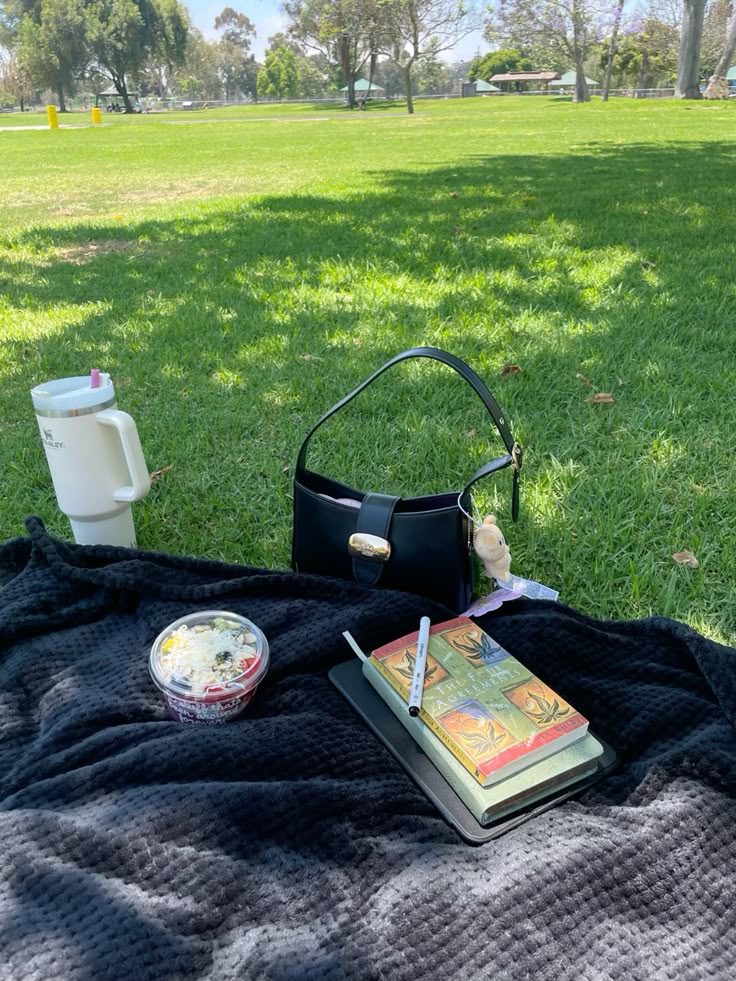Solo Dates, Journaling, and Healing: Self‑Love for African Youth

In the fast‑moving world of African youth, where expectations, social pressures, and digital noise often dominate, discovering self‑love, solitude, and healing can feel revolutionary. Solo dates and journaling aren’t indulgences, they are powerful practices that help young people connect with their inner selves, nurture emotional wellness, and build resilience. These habits encourage authenticity, self‑awareness, and mental clarity in landscapes where pressure is constant and rest is rare.
Solo Dating as Self‑Discovery and Inner Confidence
Solo dates, intentional outings alone like dinners, walks, or travel, are gaining attention as a wellness trend across the world, including African communities. As described by Verywell Mind, dating yourself boosts deeper self‑understanding, self‑esteem, and internal validation. It’s not about romance, it’s about honoring your worth and cultivating self‑compassion.
When African youth take themselves out to the beach, a quiet café, or an art exhibit they send a powerful message: I matter, I’m deserving, and I choose myself. These solo experiences allow space for introspection away from peer expectations and familial roles. They become moments of clarity, where one listens to inner thoughts and reconnects with personal values.

Image source: Pinterest
Solo dating also builds practical confidence. Going to a film or concert alone helps youth overcome fear of loneliness and reclaim public space on their own terms. They learn to enjoy their own company, trust their instincts, and enjoy activities without needing validation from others. This shift fosters emotional independence, self‑trust, and a core belief that self‑value comes from within.
Within African contexts, this practice counters cultural norms that often measure young people’s worth by relationships or external approval. Solo dating reframes self‑worth as internal. It empowers young Africans to explore passions like visiting a museum or writing poetry on their own, and to recognize that personal joy doesn't depend on companionship.
As habits like solo dining and journaling grow, African youth are increasingly embracing self‑care, solitude, and self‑respect. These practices nurture inner peace, help manage stress from academic or career pressures, and contribute to a sense of dignity and belonging within oneself.
Journaling as Healing and Self‑Expression
Journaling is a therapeutic tool backed by research, from expressive writing to gratitude journals and shadow work logs. According to meta‑analyses and mental health resources, expressive writing reduces stress, improves mood, strengthens immunity, and enhances emotional clarity (Child Mind Institute; Verywell Health).
For many African youth, journaling offers a private space to process feelings that might otherwise remain unspoken. It’s especially helpful in communities with mental health stigma or limited access to counseling. Writing about fears, dreams, and daily pressures becomes a form of emotional release, self‑reflection, and quiet healing.
Journaling also fosters self‑awareness, encouraging youth to identify patterns in thought, behavior, and emotional triggers. As reported by multiple mental health blogs (e.g., FGWRC), this clarity helps youth cope more effectively with stress factors such as academic load, societal expectations, or identity challenges.
Including gratitude journaling, a daily practice of listing things one’s grateful for, can shift the mindset from scarcity to abundance. Studies show that this habit boosts happiness, reduces depression, and improves sleep (Byrdie gratitude journal). For African youth, noting simple joys like a peaceful sunset, a helpful neighbor, or creative inspiration can reinforce positivity amid challenges.
Incorporating reflective writing, where one analyzes experiences and their meaning, adds depth. According to Wikipedia, reflective writing helps individuals connect experiences to personal growth goals by asking: “What did I notice? How did this change me? What might I do differently?” This encourages young readers to see setbacks not as failures, but as lessons.
.jpeg)
image source: Pinterest
Moreover, practices inspired by Jungian shadow-work journaling, increasingly popular via platforms like TikTok, invite youth to explore unresolved emotions, shame, or trauma. Recognizing these inner shadows through writing promotes self‑acceptance and deeper healing (Teen Vogue).
Journaling becomes especially potent when combined with solo dates. After a reflective solo outing, a journal becomes a space to capture insights, feelings felt, discoveries made, and gratitude noted. Over time, this combination builds a strong sense of inner grounding, self‑knowledge, and emotional literacy.
Why These Practices Matter for African Youth
Youth mental health is increasingly urgent in Africa. Reports from organizations like the South African Depression and Anxiety Group (SADAG) show rising stress and depression among ages 14–24, especially in navigating academic pressure, social media, and trauma (SADAG youth data). Self‑care practices like journaling and self‑dating can be protective.
Solo dating helps young Africans resist peer‑driven comparison and discover personal values separate from social media or cultural expectations. It offers a tangible way of saying: I belong to myself first. Journaling then gives a structured outlet for processing internal experiences, reducing emotional overload in environments where mental health resources may be scarce.
Combining these practices also shifts youth from dependence on external validation to building resilience from within. They learn to find comfort in their own presence, articulate their needs, and envision their paths, skills essential for healthy adult life.
These tools also resonate culturally. Many African societies value reflection, often taught in storytelling, rites of passage, and elder conversations. Journaling amplifies that tradition into a personal, modern context. Solo dates echo the indigenous value of time alone with ancestors, space for reflection, prayer, and renewal.
To start, youth can pick one solo outing per week, visit a local museum, take a nature walk, or enjoy a meal alone. Afterward, use a journal to answer prompts like: What did I learn about myself? What did I enjoy? What surprised me? How can I nurture myself this week?
Gratitude journal entries might include African-specific blessings: community support, cultural rituals, moments of ancestral creativity, or small successes. Reflective writing may ask: How do my experiences align with my values? What beliefs serve me? Which ones weigh me down?
Intentional journaling also acts as self-therapy. It lets youth approach difficult feelings gently and intentionally, akin to journal therapy, where writing facilitates emotional clarity, trauma processing, and self-understanding
Across these practices, the consistent message is this: self-love is not selfish; it is foundational. It is the soil from which healthier relationships, clearer purpose, and stronger communities grow.
In conclusion;
Solo dating and journaling are not just trendy self-care they are bold acts of self-respect, emotional empowerment, and personal healing for African youth. These practices offer inner refuge, personal insight, and resilience in a world that often demands too much too fast.
By going on solo dates, you learn your worth. By writing your inner world, you heal your soul. Together, these habits nurture a generation that honors heritage, values solitude, and invests in inner growth.
Recommended Articles
Lisandro Martínez's Darkest Hour: Man Utd Star Nearly Quit Football After Grueling ACL Injury

Manchester United defender Lisandro Martínez candidly discussed his near-retirement after suffering a torn ACL, followin...
The Peril of Online Self-Diagnosis: How Googling Symptoms Fuels Health Anxiety

Health anxiety, a growing concern affecting millions, transforms everyday health worries into pervasive distress, often ...
Unseen Burdens: The Silent Mental Health Crisis Among Caregivers

A Columbia University study exposes the mental health crisis among U.S. family caregivers, highlighting anxiety, depress...
You may also like...
When Sacred Calendars Align: What a Rare Religious Overlap Can Teach Us

As Lent, Ramadan, and the Lunar calendar converge in February 2026, this short piece explores religious tolerance, commu...
Arsenal Under Fire: Arteta Defiantly Rejects 'Bottlers' Label Amid Title Race Nerves!

Mikel Arteta vehemently denies accusations of Arsenal being "bottlers" following a stumble against Wolves, which handed ...
Sensational Transfer Buzz: Casemiro Linked with Messi or Ronaldo Reunion Post-Man Utd Exit!

The latest transfer window sees major shifts as Manchester United's Casemiro draws interest from Inter Miami and Al Nass...
WBD Deal Heats Up: Netflix Co-CEO Fights for Takeover Amid DOJ Approval Claims!

Netflix co-CEO Ted Sarandos is vigorously advocating for the company's $83 billion acquisition of Warner Bros. Discovery...
KPop Demon Hunters' Stars and Songwriters Celebrate Lunar New Year Success!

Brooks Brothers and Gold House celebrated Lunar New Year with a celebrity-filled dinner in Beverly Hills, featuring rema...
Life-Saving Breakthrough: New US-Backed HIV Injection to Reach Thousands in Zimbabwe

The United States is backing a new twice-yearly HIV prevention injection, lenacapavir (LEN), for 271,000 people in Zimba...
OpenAI's Moral Crossroads: Nearly Tipped Off Police About School Shooter Threat Months Ago
ChatGPT-maker OpenAI disclosed it had identified Jesse Van Rootselaar's account for violent activities last year, prior ...
MTN Nigeria's Market Soars: Stock Hits Record High Post $6.2B Deal

MTN Nigeria's shares surged to a record high following MTN Group's $6.2 billion acquisition of IHS Towers. This strategi...
